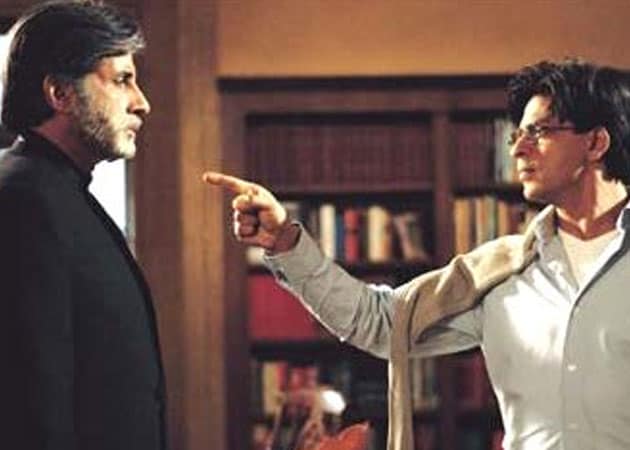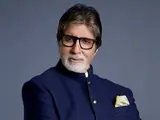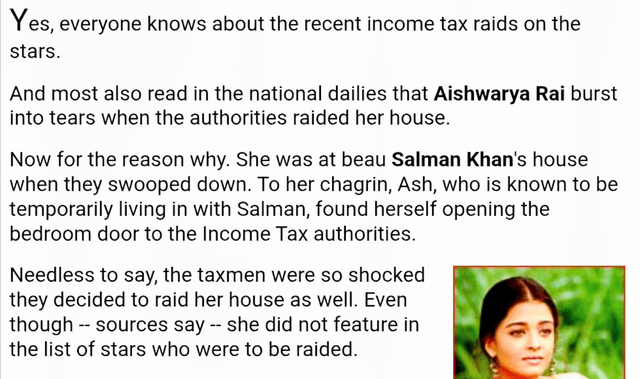A total of 13.4 million documents from Bermuda-based law firm Appleby, collectively known as the Paradise Papers, were leaked to German newspaper Sueddeutsche Zeitung, which shared the files with the International Consortium of Investigative Journalists (ICIJ) and 96 news organisations around the world. The papers reveal the complex web of companies used by the well-heeled the world over to funnel their wealth into offshore accounts.
From India, so far, two names from the Panama Papers have appeared in the investigations of the new tranche undertaken by the Indian Express newspaper: actor Amitabh Bachchan and former liquor baron Vijay Mallya.
Unlike the Panama Papers, which came from Panama-based law firm Mossack Fonseca, the Paradise Papers are "more about mega corporates than individual players and how they took advantage of tax havens, the Indian Express explained. To be sure, the presence of off-shore accounts isn't entirely illegal by itself, but these accounts can be used to stash money away from the prying eyes of the taxman.
Here's how Bachchan and Mallya found themselves in both the leaks.
The Big B
Bachchan is India's most venerated actor with a career spanning five decades. While most of Bachchan's wealth is from his movies, according to Forbes magazine, the Panama Papers revealed the actor's other business interests. Last year, the 75-year-old was linked to shipping companies in the British Virgins Islands and the Bahamas as their director. The authorised capital of these companies ranged between $5,000 and $50,000, according to the documents, but they traded in ships worth millions of dollars.
Bachchan denied any wrongdoings then, suggesting that his name had been misused. "I have paid all my taxes including on monies spent by me overseas..., he said in a statement.
The Paradise Papers reveal Bachchan's involvement with a digital media company set up in Bermuda in 2002 along with other investors. The company was subsequently dissolved in 2005. But here's the catch: Until the introduction of the Liberalised Remittance Scheme in 2004, all investments abroad made by resident Indians required prior approval of the Reserve Bank of India, the Indian Express said. "It's not clear if the (Bachchan's) shareholding was disclosed to RBI, the newspaper added.
Bachchan has faced flak for his financial dealings in the past, too. In 1999, his firm ABCL Ltd, which produced films such as Mrityudand and Major Saab, racked up losses of over Rs70 crore. A legal battle ensued with his creditors, including large public banks. It took the success of the television quiz show Kaun Banega Crorepati for Bachchan to finally pull himself out of debt.
Edit:title.































2